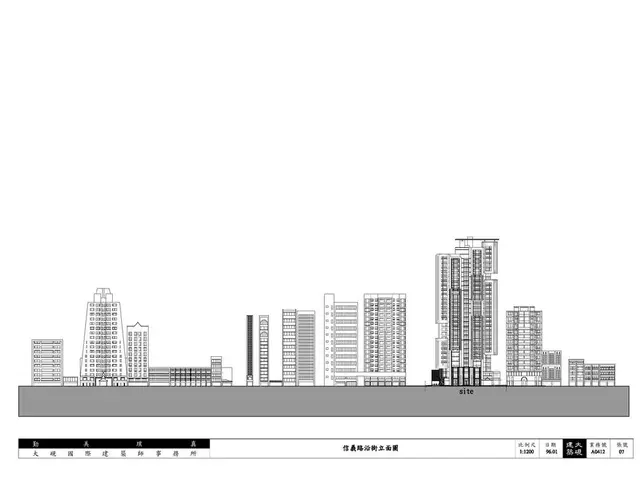AI-driven technological advancements potentially fostering cognitive homogeneity and standardization, potentially stifling individual creativity and originality?
In today's world, the surge of artificial intelligence (AI) is drastically influencing cognitive processes across various sectors. Amidst this revolution, questions about the role of human creativity are being fiercely debated.
While AI can generate competent, almost human-like content, its true originality remains questionable. It predominantly regurgitates, rearranges, and refashions existing human-made material.
The cognitive revolution led by AI isn't merely about technology; it's also a cultural shift. It challenges us to grapple with preserving the invaluable essence of human creativity amidst a deluge of AI-generated content.
Is AI Transforming Human Roles in everyday life?
With AI taking on repetitive tasks and streamlining creative processes, are humans being left to simply manage the mediocre output? Not necessarily.
The Rise of Algorithmic Mediocrity
The widespread use of AI can potentially lead to a culture of mediocrity, with "good enough" becoming the norm. This raises concerns about the stifling of creativity and originality as professionals may become overly reliant on AI-generated solutions.
Striking a Balance: Human-AI Collaboration
To preserve human creativity, it's vital to foster collaboration between humans and AI. By leveraging AI for efficiency while maintaining a focus on originality and innovation, we can ensure that the irreplaceable value of human creativity persists.
This involves Hybrid Human-AI Collaboration, where humans provide concepts and cross-disciplinary thinking, while AI takes care of the repetitive or data-intensive tasks.
Education and Training: Preserving the Human Touch
Emphasizing education that nurtures both technical skills and creative thinking is crucial. By doing so, professionals can unlock the potential of AI tools without losing their creative edge.
A Cultural Shift to Champion Originality
Promoting a culture that celebrates originality and innovation is essential in navigating the AI-driven cognitive revolution. By valuing and understanding that true creativity goes beyond algorithmic recombinations, we can ensure that human creativity remains a vital and irreplaceable force in our creative processes.
References:[1] Tr scott – The Rise and Fall of AI in Creativity[2] Medium – AI's Impact on Software Engineering: Balancing Creativity and Efficiency[3] Wired – How AI is Shaping Graphic Design, for Better and Worse[4] FORBES – The Future of Creative Industries: Human-AI Collaboration[5] Fast Company – Navigating the AI Revolution: Graphic Designers and Software Engineers Adapt
[Subscribe to our newsletter to get latest insights & analysis about AI across fields.][Join our community of 2M+ industry professionals.]
- In the realm of education and self-development, nurturing both technical skills and creative thinking becomes crucial, ensuring professionals can utilizing AI tools without losing their creative edge.
- Collaboration between humans and AI is vital to strike a balance, allowing humans to maintain their emphasis on originality and innovation while AI takes care of repetitive or data-intensive tasks.
- The surge of AI in advertising, media, business, and social media raises concerns about a potential culture of algorithmic mediocrity, as "good enough" may become the norm, threatening the stifling of creativity and originality.
- The cognitive revolution led by AI isn't merely about technology; it's also a cultural shift that challenges us to preserve the invaluable essence of human creativity amidst a deluge of AI-generated content.
- Technology like artificial intelligence is drastically impacting human creativity across multiple sectors, sparking debates about maintaining the role of human originality amidst advancements.








